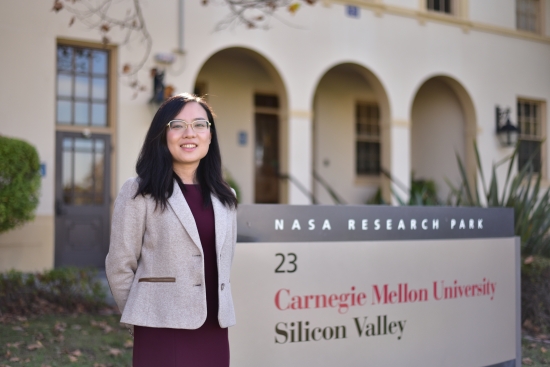
Faculty Candidate Seminar
Indoor Human Information Acquisition from Physical Vibrations
Add to Google Calendar

The number of everyday smart devices (such as smart TV, Samsung SmartThings, Nest, Google Home) is projected to grow to the billions in the coming decade. The Cyber-Physical Systems or Internet of Things systems that consist of these devices are used to obtain human information for various smart building applications. From the system perspective, general problems faced by existing technologies (vision-, sound-, RF-, mobile-, and load-based methods) are their sensing requirements (e.g., line-of-sight, high deployment density, carrying a device) and intrusiveness (e.g., privacy concerns). My research focuses on non-intrusive indoor human information acquisition through ambient structural vibration, or "structures as sensors'. People's interaction with ambient structures (e.g., floor, table, door) induces structures to vibrate. By capturing and analyzing the vibration response of structures, we can indirectly infer information about the people and their actions. However, due to the complexity of the physical world, sensing data distributions can change significantly under different sensing conditions. Therefore, from the data perspective, accurate information learning through pure data-driven approaches requires a large amount of labeled data, which is costly and difficult to obtain in real-world applications. My research addresses these challenges by combining physical and data-driven knowledge and iteratively expanding the labeled dataset. With insights into the relationship between changes of sensing data distributions and measurable physical attributes, the iterative algorithm guides the expansion order by measured physical attributes to ensure a high learning accuracy in each iteration.
Dr. Shijia Pan is a postdoctoral researcher at Carnegie Mellon University. She received her Bachelor's degree in Computer Science and Technology from the University of Science and Technology of China and her Ph.D. degree in Electrical and Computer Engineering at Carnegie Mellon University. Her research interests include cyber-physical systems, Internet-of-Things (IoT), and ubiquitous computing. She worked in multiple disciplines and focused on indoor human information acquisition through ambient sensing. She has published in both top-tier Computer Science ACM/IEEE conferences (IPSN, UbiComp) and high-impact Civil Engineering journals (Journal of Sound and Vibration, Frontiers Built Environment). She received Rising Stars in EECS, Nick G. Vlahakis Graduate Fellowship, Google Anita Borg Scholarship, Best Poster Awards (SenSys, IPSN), Best Demo Award (Ubicomp), Best Presentation Award (SenSys Doctoral Colloquium), and Audience Choice Award (BuildSys) from ACM/IEEE conferences.
 MENU
MENU 
